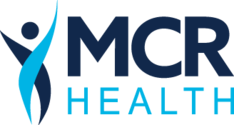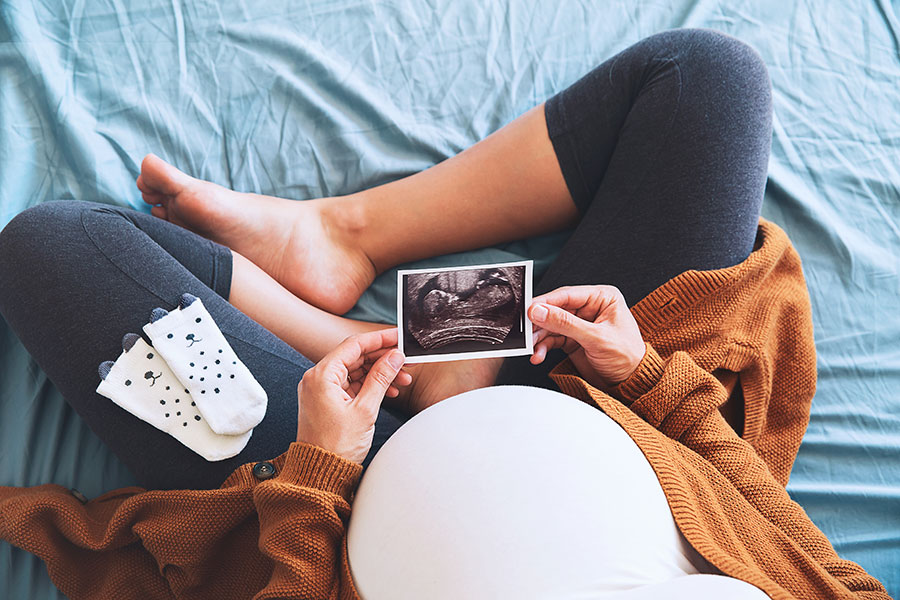Each day, a new headline seems to tout the enduring strength of COVID-19, otherwise known as the novel Coronavirus. This pandemic is producing steady anxiety over public health in just about everyone across the United States.
But for pregnant mothers this anxiety can feel even more painful. Not only are these expecting mothers concerned with their own lives and futures. Most are even more concerned for the lives and futures of their unborn babies.
At MCR Health, we understand this concern, and we share it. That is why we are concerned with saving lives. In this article, we have gathered the latest information on the novel Coronavirus to address these concerns.
WEARING FACE MASKS
Each and every day it seems like more and more people are walking around with these little things tied across their faces. But are face masks even necessary?
This is a question that many people are asking these days. The answer, however, isn’t complicated: yes!
As a respiratory disease, the novel Coronavirus can be spread from person to person through talking, sneezing, and coughing. For this reason, everyone should certainly wear a mask. This way they can reduce the chance of spreading the disease through close contact with others.
Moreover, it is also especially recommended that people wear masks if they are treating others with the Coronavirus. Whether they are professional health care workers treating patients in a hospital or an individual caring for a family member with the disease at home, these people should wear masks at all times.
A HIGHER RISK FOR PREGNANT WOMEN?
According to the latest information from the Centers for Disease Control and Prevention, there are a couple of groups of people who are at a higher risk of catching more serious illnesses of the novel Coronavirus.
One of those groups is the elderly. The CDC website has affirmed that if older adults contract this respiratory disease, their symptoms are much more severe than those symptoms of younger adults or children who contract the disease.
Along with the elderly, the CDC has also identified adults with chronic medical conditions as standing at a higher risk for more serious illnesses related to the Coronavirus. These medical conditions include, but are not limited to, heart disease, lung disease, and kidney disease.
Pregnant women, however, fall into neither of these groups. But, due to a lack of evidence on the Coronavirus, the CDC can neither confirm nor deny whether “pregnant women have a greater chance” of contracting the Coronavirus than everyone else.
This is why it is important for expectant moms to err on the side of caution. Take every possible preventative measure to protect your health from the threat of Coronavirus with the following steps:
- Avoid close contact with people who are sick
- Avoid large gatherings
- Wash your hands with soap and water for at least 20 seconds
- Cover coughs and sneezes with tissues
- When tissues are unavailable, cough or sneeze into the crook of your arm
- Clean and disinfect frequently touched objects to kill germs
WILL YOUR BABY GET THIS DISEASE?
What we know for certain about the novel Coronavirus is that as a respiratory disease, it can be transferred from person to person with ease through coughing, sneezing, talking, and any kind of germs. But could a mother carrying the Coronavirus transfer the disease to her unborn baby?
While this is an incredibly important question, unfortunately, the Centers for Disease Control and prevention is still gathering as much research as possible. The current lack of evidence leaves us without a concrete answer. However, there is some information available, and with it, the CDC is shedding some light on this growing concern.
The CDC has observed among the limited information that some moms with the Coronavirus have given birth to perfectly healthy babies who did not test positive for the respiratory disease.
Moreover, in these limited cases, the CDC has found absolutely no trace of the disease in the mothers’ breastmilk.
For this reason, it is now recommended that both mothers who have tested positive and those who have tested negative continue breastfeeding as normal. But mothers infected with the Coronavirus need to be extremely careful when breastfeeding their newborn babies.
Even though the latest information indicates that breastfeeding is not thought to transfer the Coronavirus, infected mothers can still spread the disease to their infant through respiratory channels (e.g., coughing, sneezing, and talking).
BE VERY CAREFUL
The novel Coronavirus is an active threat against the safety and wellbeing of just about every man, woman, and child across the United States. We are not helpless however.
As discussed, there are many, many preventative measures that we can take is to avoid being exposed to this disease illness. But we’re not out of the woods yet.
The spread of the novel Coronavirus will depend on two things: (1) how effectively those who have tested positive can keep the disease to themselves and (2) how effectively we can take those preventative measures.
Thankfully at this time the CDC has advised that nothing indicates that pregnant women or newborn babies stand at a higher risk of contracting the Coronavirus. But as time passes, we will certainly gather more information and in the process, develop a newer, more in-depth understanding of this respiratory disease. This is why you still need to be vigilant, be cautious, and be aware that this will pass.
If you or your children exhibit symptoms, such as a fever, cough, or shortness of breath, please limit exposure to others and call your primary care provider or 866-779-6121.

